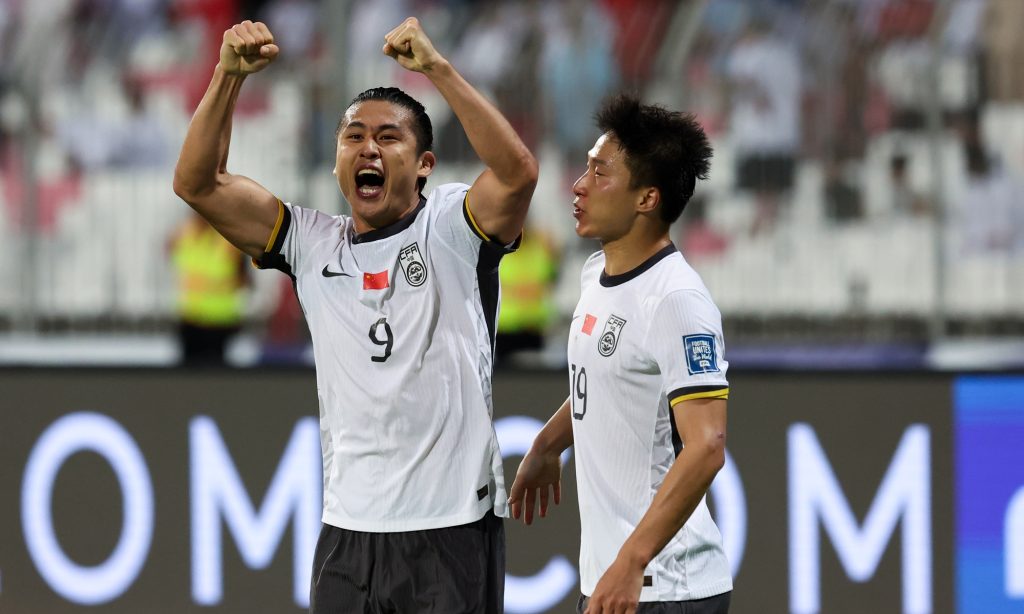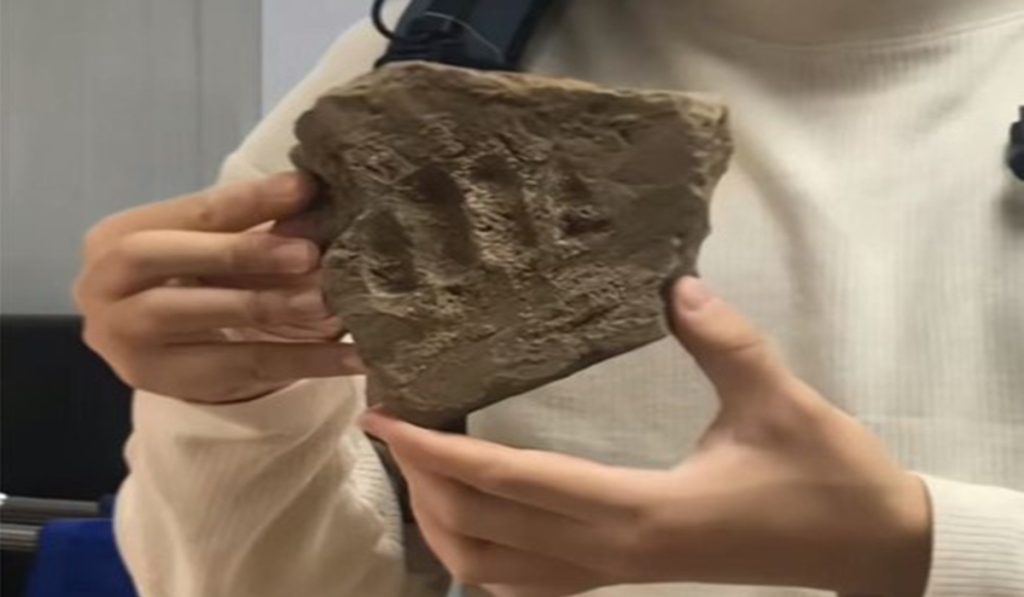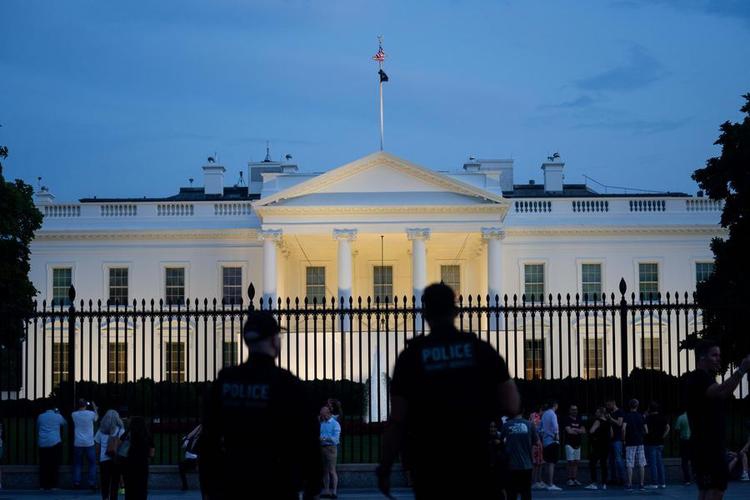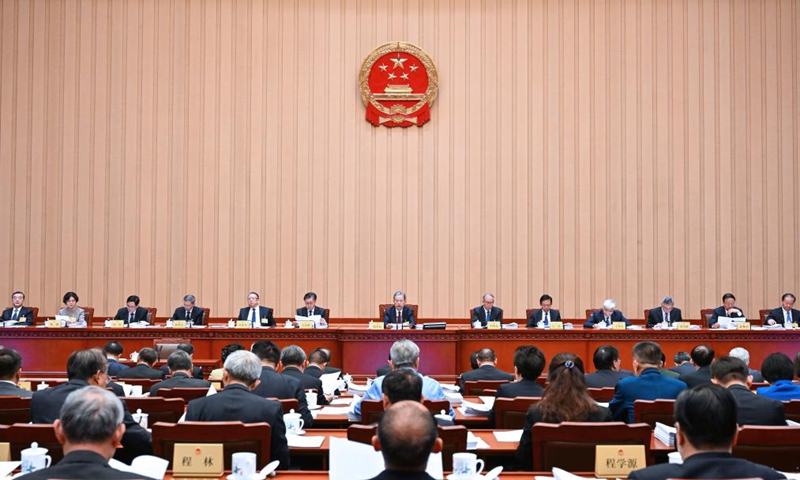China to continue working with Morocco to support each other's core interests: Xi
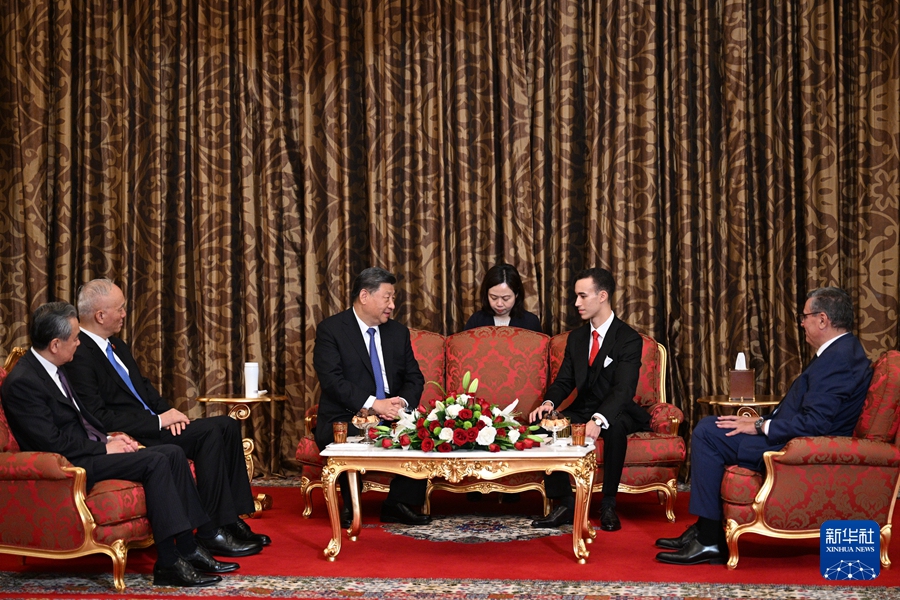
China is ready to continue working with Morocco to firmly support each other on issues concerning their respective core interests, and push for greater development of China-Morocco strategic partnership, Chinese President Xi Jinping said when meeting with Moroccan Crown Prince Moulay Hassan on Thursday during a technical stop in Casablanca after wrapping up his state visit to Brazil.
Assigned by Moroccan King Mohammed VI, Hassan and Moroccan Prime Minister Aziz Akhannouch greeted Xi at the airport, where a welcome ceremony was held. Xi asked Hassan to convey his cordial greetings and best wishes to King Mohammed VI.
Xi pointed out that China and Morocco have witnessed sound development in their relations, with fruitful practical cooperation and increasingly vibrant exchanges in various fields. In 2016, Xi said, King Mohammed VI paid a state visit to China, during which they held productive talks, bringing China-Morocco relations to a new level.
China is ready to work with Morocco to implement the outcomes of the Beijing Summit of the Forum on China-Africa Cooperation and the 10th ministerial conference of the China-Arab States Cooperation Forum, and work for more outcomes in practical cooperation across various fields within the framework of Belt and Road cooperation, Xi said.
China supports Morocco's efforts in safeguarding national security and stability, Xi added, calling on the two countries to expand cultural and people-to-people exchanges, so as to enhance public support for their friendship.
Hassan conveyed the sincere greetings and warm welcome from King Mohammed VI to Xi, saying that bilateral ties have maintained a sound development momentum. He thanked China for its valuable support to Morocco during the COVID-19 pandemic, which the Moroccan people will never forget.
The Moroccan royal family and government are firmly committed to further developing bilateral relations, and are willing to maintain high-level exchanges with China and strengthen cooperation in various fields, he said.
The Chinese language and culture are very popular among the Moroccan people, Hassan said, expressing his hope for promoting bilateral people-to-people exchanges. Noting that the two countries hold similar positions on many issues, he said the Moroccan side stands ready to work with China to firmly support each other in safeguarding national sovereignty, security, and stability.
The visit highlighted the deep friendship between China and Morocco and also Morocco's strong emphasis on its relationship with China. It is expected to further strengthen bilateral ties, deepen cooperation, and enhance people-to-people exchanges between the two nations, Song Wei, a professor from the School of International Relations and Diplomacy at Beijing Foreign Studies University, told the Global Times on Friday.
Song noted that President Xi's speeches at the G20 and APEC meetings highlighted China's willingness and confidence in sharing its development experience and working to build consensus among the Global South countries on advancing economic growth.
As a key regional player in North Africa and an important partner in the China-Africa Cooperation Forum, Morocco seeks to foster win-win cooperation under the Belt and Road Initiative while drawing from China's expertise in development and poverty alleviation, said the expert.
